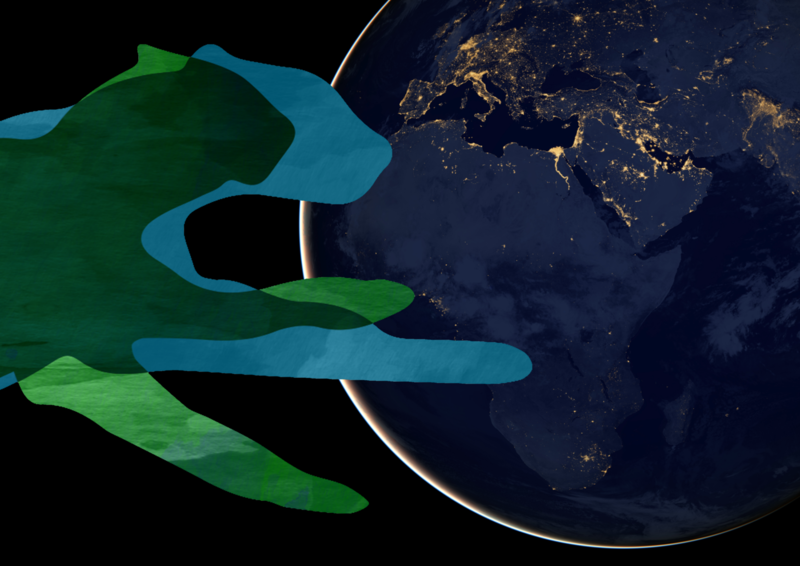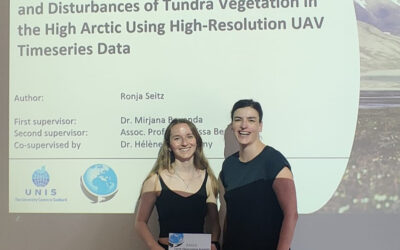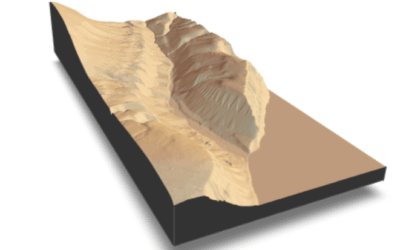a special issue in the Wiley journal RSEC is organized by us. Check it out and consider submitting a manuscript.

Animal movement in space and time, and its link to environmental conditions, are key to ecological and conservation research. With increased availability of high spatial and temporal resolution animal tracking data, we now have an unprecedented level of detail to help us understand animal movement and behaviour. At the same time, tremendous advances in remote sensing technology and analysis have improved the quality, resolution and coverage of available sensors. Despite advances in these fields, interdisciplinary studies often lag behind when it comes to leveraging the joint potential of novel developments in both fields. Moreover, substantial challenges remain in bridging theoretical and practical differences in scale between remote sensing and animal movement data.
With this special issue we aim to showcase applications that develop and utilize novel remote sensing approaches in the context of movement ecology. Contributions should demonstrate how such developments advance our general ecological understanding or how they impact applied conservation.
Contributions may include:
- Novel applications of high-resolution remote sensing time-series analysis
- Applications of up-to-date or novel algorithmic modelling approaches (e.g. deep learning)
- Advanced approaches in multi-source data fusion, such as from optical and radar data
- Remote sensing driven multi-scale modelling of movement behaviour, e.g. during migration
- Error estimation and propagation from remote sensing to tracking data and, eventually, to movement models
- Novel approaches for harmonizing spatial and temporal scales between remote sensing and tracking data
- Utilizing ancillary environmental information collected from animal-borne sensors to develop novel remote sensing products
A limited number of fee waivers are available for authors who are unable to pay the Article Processing Fee; these will be considered on a case-by-case basis. Submission deadline 15 June 2019.
Commissioning Editors:
Dr Benjamin Leutner, German Aerospace Center (DLR)
Dr Martin Wegmann, University of Würzburg
Dr Kamran Safi, Max-Planck-Institute for Ornithology








